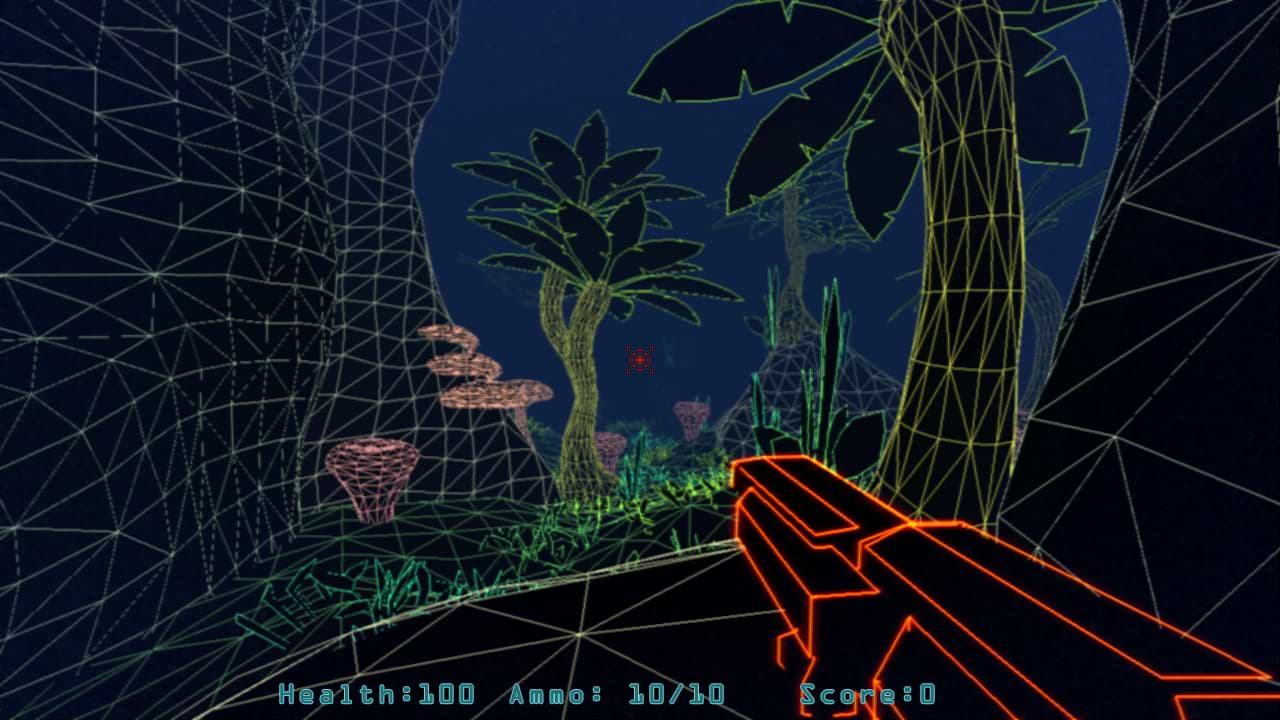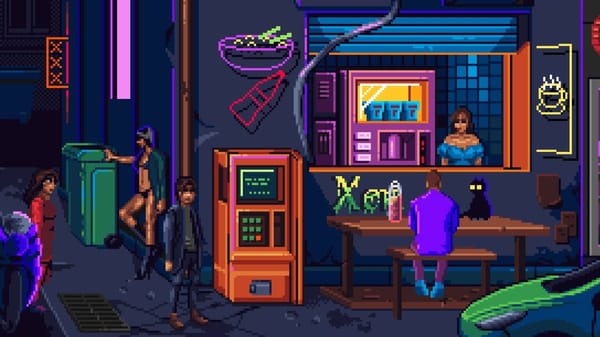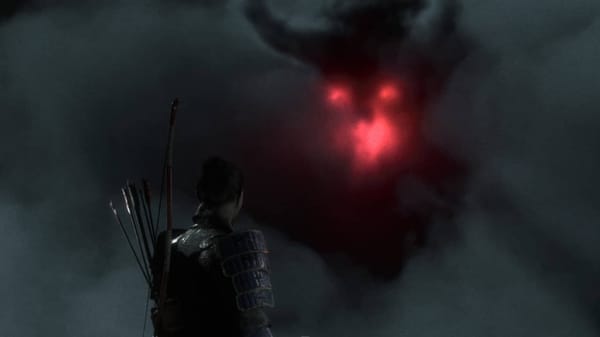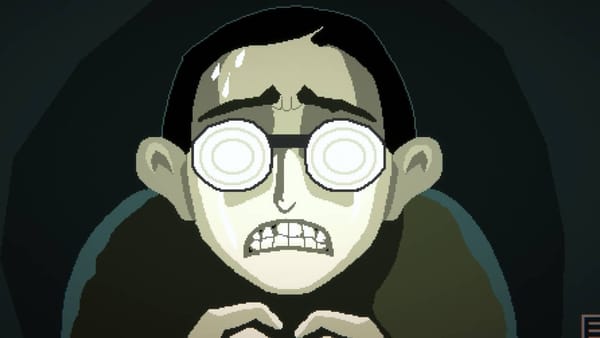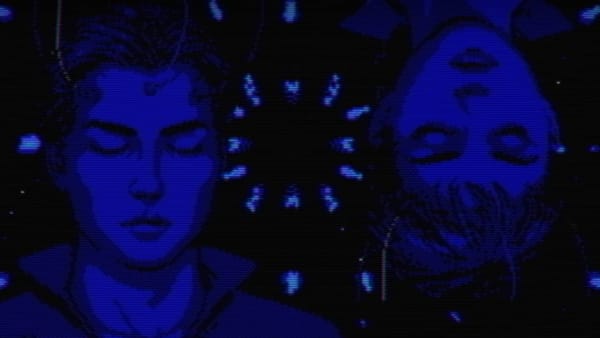Last week I wrote about an upcoming title called Paradox Vector – a throwback to the classic 80s vector games, but also inspired by the likes of FPS titles and the works of M.C. Escher.
It’s an exciting title as I’ve never really seen anything like it of late. So many titles jump of the pixel art trend, rogue-likes or classic platformers, but except FPS titles such as Ion Fury and the recent Hellbound – both influenced by 90s gaming, the vector-based game has been left in the dark.
Schmidt Workshops currently has Paradox Vector in the Early Access stage, and therefore a preview of sorts, so no review score. Having experimented with it a bit, I’m very impressed with what I’ve seen.
Influenced by the developer’s love for H.P. Lovecraft, the follows the path of a scientist following in the footsteps of her late father who was ridiculed for his theories. Climbing the ranks, she becomes equally respected and aims to use that influence to set the record straight and verify that her father wasn’t the fool people thought he was.

You’re placed in a neon-fused maze that looks like the blueprint for any modern cyberpunk title, but more so Tron than a recent title. Interestingly, the simplicity on the surface is the opposite, and there’s an unbelievable amount of depth in the game that is often deceiving and plays tricks on your eyes.
Paradox Vector is essentially a labyrinth of backtracking to collect items and maps to reach new areas, but at the same time, you find yourself admiring the landscapes. It’s fascinating how a game can look without textures, yet still be so compelling.
Yes, I sound somewhat of a fan, but the game revitalised that feeling when you first play a VR game or a triple-A title where you desperately want to get out of the corridors to explore the world outside. The aesthetic choice won’t be for everyone, but for crusties such as myself, it’s refreshing to revisit the game of old – such as the title mentioned in my first news piece, Star Wars in the arcade. I loved that game.
As can be expected with an FPS, you have a gun and health in Paradox Vector – the usual sort of thing, but you also have a score in the HUD throughout. Without leaderboards for comparison at this time, it mostly motivated me to get the highest number while staying alive. Still, enemies don’t respawn, so I believe there’s only a set points system on offer.
Combat did feel a little slow, but I liked this as it gave me time to play the game more strategically rather than my usual knucklehead approach of running at everything. Fans of Tempest and Battlezone will feel right at home.

But the real highlight of Paradox Vector was the complexity of levels that would make sense on the surface, but as you go further down the rabbit hole, unravel to create confusion, but at the same time blowing your mind. It reminded me of Aizu Sazaedo – a temple that has two one-way routes, but you never cross paths with other visitors. It was so perplexing that I went back and forth a couple of times to try and understand it. Paradox Vector reminds me of that, only with lots more vectors and neon.
As mentioned, the game is currently in Early Access, but you can find out more, and add the game to your wishlist from the Steam page.


